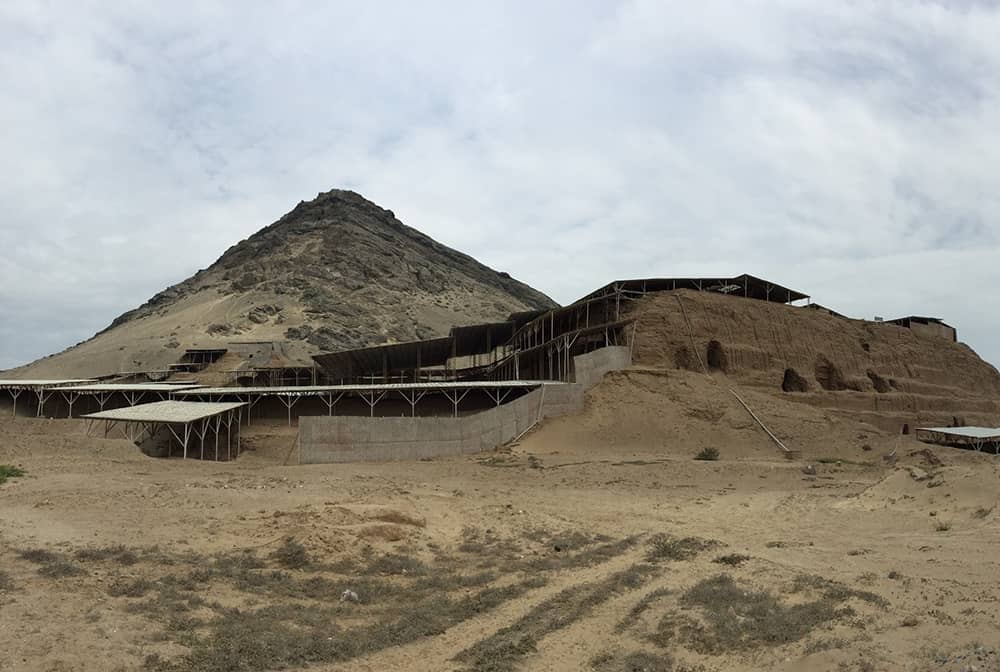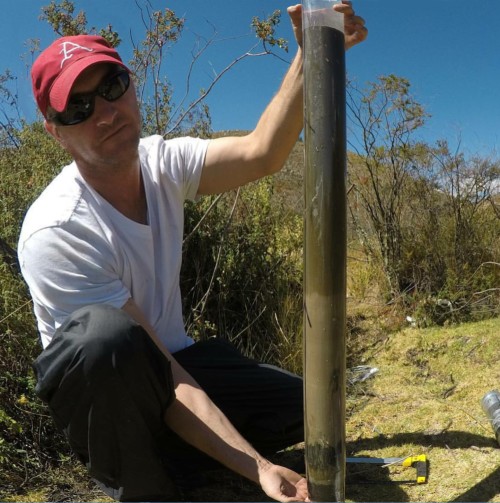Climate Change: A Human History

CLIMATE CHANGE: A HUMAN HISTORY/HNRC 4013H-001
M/W, 3:05-4:20 p.m., FALL 2022
DISC 0505
Hear Dr. Vining talk about the course on NPR (15 min.).
See Dr. Vining discuss the course on 4029 News (1 min. with print story).
Professor Vining will give a public preview lecture for the course at 5:15 p.m. on Monday, March 7. To receive the lecture Zoom link, complete our interest form.
Interested?
Current students can apply online. Application deadline: Midnight, Thursday, March
31.
Questions?
Contact
John Treat
.
Apply for Honors College Courses
As anthropogenic climate change increasingly challenges the modern world. Past interactions between societies and changing climates offer lessons in adaptability, resilience, and vulnerability. This signature seminar takes an interdisciplinary approach to critically examining how societies over the past four millennia have experienced and responded to climate changes. Using modern paleoclimatic and anthropological approaches, the course will examine the behavioral choices that civilizations have made when confronted with violent storms, severe droughts, flooding, or other changes in regional climates in order to better understand how human action can either help us ‘weather’ these challenges or exacerbate our vulnerabilities.
Our examination will go beyond simple deterministic models that propose that climate shapes social adaptations and failures. We will look at how past civilizations have relied on economic, social, or ideological structures that have helped them create capacity to deal with climate change. The course will examine some of the great civilizations of the world that many are familiar with, but we will go much deeper into the diversity and pluralism of these societies to understand how human decision-making shifted vulnerabilities across different communities. The result will be a better understanding of how the decisions we make collectively might condition our future experiences with anthropogenic climate change.
Course Credit:
- All-students: 3 hours of honors credit
- Fulbright College:
- Anthropology upper-level credit (Crosslisted as ANTH 4903-003)
- Fulbright Honors natural science colloquium
- Fulbright Honors social science colloquium
- Geosciences upper-level credit
- History upper-level credit
- International and Global Studies upper-level credit
- Walton College: honors colloquium credit
About Benjamin Vining:

Dr. Ben Vining is an Assistant Professor in the Department of Anthropology at the University of Arkansas. He specializes in climate change archaeology, and has led research on this topic for 20 years. Dr. Vining has worked in the Andean region of South America since 2001 and currently leads a multidisciplinary project with American and Peruvian collaborators to understand how past climates affected societies in ancient Peru. This project specifically seeks to understand how the Moche and Chimu civilizations adapted to abrupt climate shifts caused by the El Niño Southern Oscillation. Dr. Vining has conducted field research in over 13 countries in Latin America, the Mediterranean, and East and South East Asia.